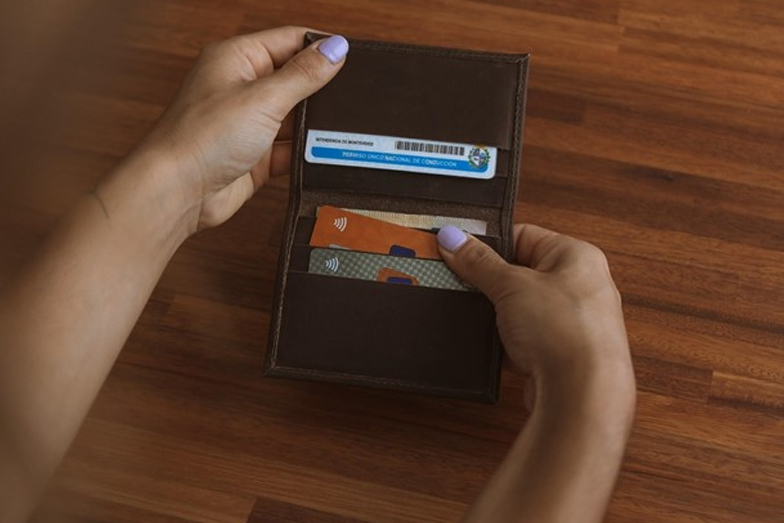If you’re wondering how important it is to maintain a good credit score, the short answer is: very. Working hard to improve your credit score will result in significant savings down the line. In fact, a good credit score can add up to a lifetime savings value of tens of thousands of dollars you don’t want to miss out on.
A good credit score can offer you several advantages, such as:
- It can be easier to qualify for new loans.
- Lenders may offer you lower interest rates and better terms.
- It can be easier to rent or buy an apartment.
- You may be able to save money on your auto and homeowner’s insurance.
- Utility accounts, mortgages, and loans may have a lower down payment requirement.
Sounds pretty great, right? Let’s look at what makes a good credit score and how you can keep yours that way.
What Is the Credit Score Range?
Two popular credit score brands compete in the lending market in the United States: FICO and VantageScore.
Credit scores are pretty comparable between FICO and VantageScore scoring models, generally ranging from 300 to 850 with some minor differences in how they grade their range, but to keep things simple, here are the common scoring ranges for assessing a credit score:
- 300–550 is commonly referred to as very poor.
- 550–650 is considered to be poor.
- 650–700 is seen as fair or average.
- 700–850 is generally good to excellent, depending on how close you are to 850.
How To Improve Your Credit Score
Taking steps to improve your score over time is important if you have a credit score that is average or worse. Here are a few things you can do:
- Reduce your credit utilization. Your credit utilization is based on how much of your available credit you use. You’re utilizing 50% of your available credit if you have a $5,000 limit and a debt of $2,500. Whenever possible, try to keep your overall credit card debt below 30%.
- Maintain Positive Trade Lines. Payment history makes up a large part of the credit score. To improve the score it is important to maintain those payments over time, as the age of the trade line makes a big difference on the score.
- Consider a Credit Rebuilder. There are a number of credit rebuilder options available. These are great because you can get a new trade line without an inquiry. Self.inc is an affordable option that allows you to get money back as well. 720 Credit Score is another great option.
- Consider a secured card. A Secured Card can help those with poor credit establish a credit history. Choose a secured credit card that will report your on-time payments to all three credit bureaus to boost your credit score.
- Review your Credit Report. You can get a free credit report from Annual Credit Report every 12 months. Make sure there are no inaccuracies, and if there are, request that they be removed.
It can be stressful to experience financial hardship. With Briteside Solutions, we strive to empower consumers and make them personal financial experts. If you need guidance or advice on how to boost your credit score, contact us today to get started.


